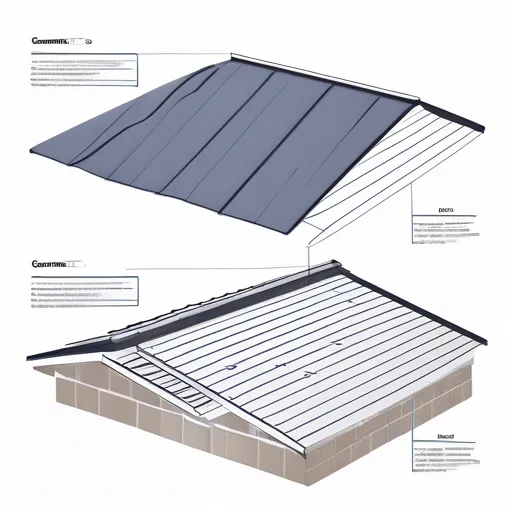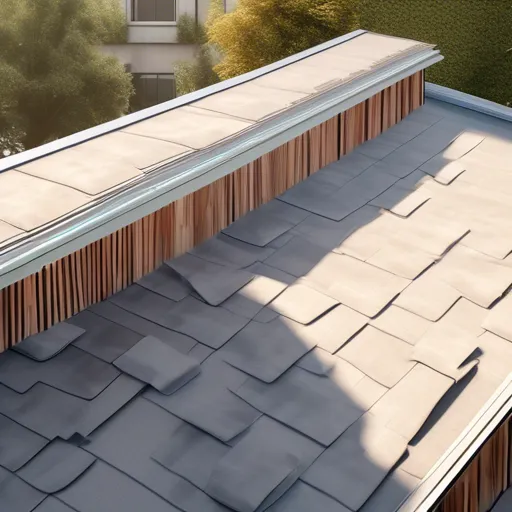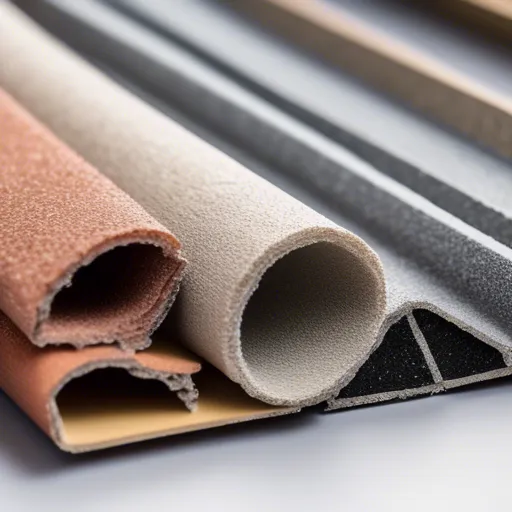Choosing the right roofing material for your home is like picking the perfect gray sofa to adorn your living room. It’s not just about utility; it’s about blending aesthetics and functionality to create a harmonious whole. In our quest for the best materials for soft roofs, we have embarked on a detailed review to arm you with the facts you need. From shingles to rubber, understanding these materials will help secure your personal sanctum while elevating its design ethos.

Understanding Soft Roofing Materials
Soft roofing materials offer a pliant, adaptable solution for modern homes. The appeal lies in their capacity to mold seamlessly to different architectural forms, much like how a gray sofa can fit various interior styles with ease.
Shingles: The Classic Choice
The humble shingle is a familiar sight atop many homes. Its widespread use is due to its affordability and ease of installation. Asphalt shingles remain the most prevalent, offering a pleasing aesthetic without breaking the bank. A testament to their reliability is their continued presence in our neighborhoods, a silent guard against the elements.
Fun Fact: Shingles have roots tracing back to ancient Greece, where they shielded homes from both sun and rain.

Rubber Roofing: The Modern Marvel
For those seeking durability, rubber roofing stands out as a modern marvel. Made from recycled tires and other synthetic materials, it offers longevity with an environmental edge. It’s the preferred choice for those prioritizing sustainability, akin to designing a 5-acre plot that champions eco-friendly zoning.
- Durability: Can last up to 50 years with minimal maintenance.
- Eco-Friendly: Composed of sustainable materials.
- Weather Resistant: Excellent at withstanding extreme weather conditions.
Comparative Analysis: Shingles vs. Rubber

So, how do these materials stack up against one another?
| Aspect | Shingles | Rubber |
|---|---|---|
| Cost | Low to moderate | Moderate to high |
| Durability | 15-30 years | Up to 50 years |
| Environmental Impact | Higher carbon footprint | Low carbon footprint |
| Installation | Easier DIY potential | Professional installation recommended |

Making the Right Choice
Your selection hinges on various factors—budget, environmental consciousness, longevity, and aesthetic desires. If you’re a fan of home improvement endeavors and don’t mind the maintenance, shingles might be your go-to. However, if you’re planning for the long haul and value sustainability, rubber might just be your roof’s soulmate.
Ultimately, your roof should feel as fitting to your home as the New Audi A4 fits the persona of luxury and performance. After all, why settle when you can craft a home that reflects both your style and values?
